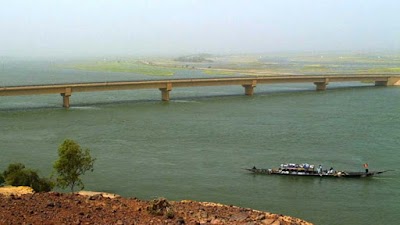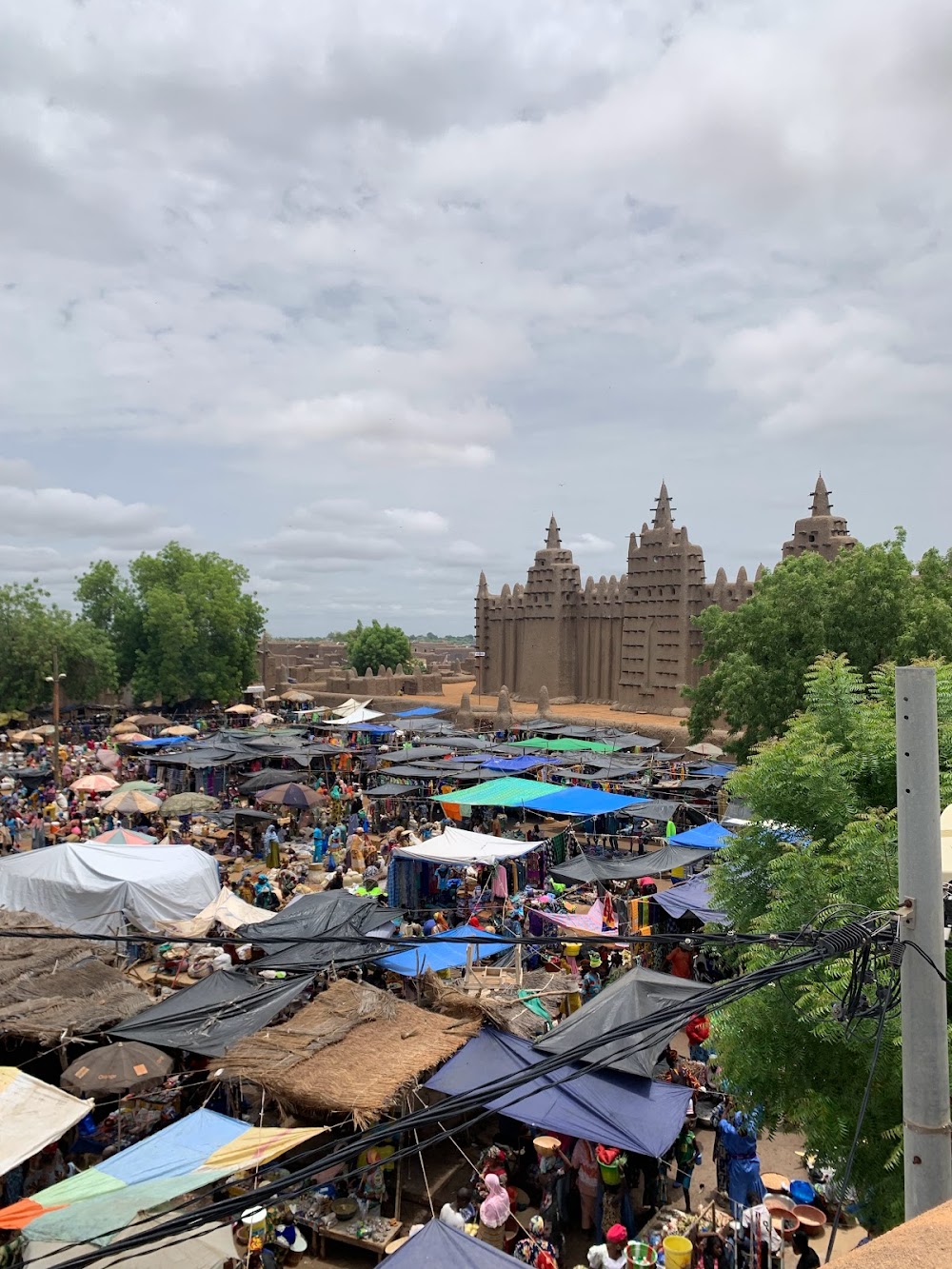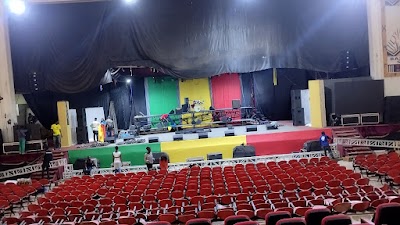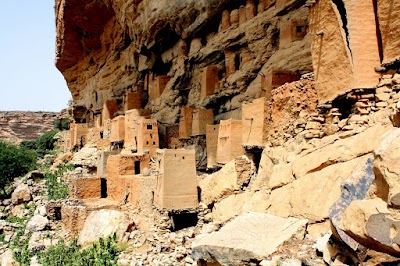Camel Market of Mopti (Marché aux Chameaux de Mopti)
Overview
Located in the Koulikoro Region of Mali, **Marché de Mopti**—commonly referred to as the **Camel Market of Mopti**—is a vibrant and bustling marketplace that plays a crucial role in the local culture and economy.
The **origins of the Camel Market** date back to ancient trading routes that traversed the Sahel and Sahara regions. Merchants and traders traveled these paths to exchange goods, with Mopti's strategic location along the Niger River establishing it as a vital trading hub. Initially founded by nomadic Tuareg and Fulani traders, the market began as a simple trading post for camels, livestock, and various goods. Over generations, it has organically evolved into a thriving center for commerce.
Visitors to the Camel Market are immediately captivated by the sight of camels sprawled across the grounds. These majestic creatures, with their long legs and distinctive humped backs, symbolize resilience, having adapted perfectly to the harsh desert environment. The market also serves as a gathering point for locals and traders, who come not only to buy and sell camels but also goats, sheep, and cattle.
The market operates weekly, typically on **Fridays**, which marks the primary market day. Traders and buyers flock to the area at dawn, many traveling considerable distances to participate. The atmosphere buzzes with the sounds of haggling, the braying of animals, and conversations in various local languages. Transactions occur through both cash and barter, reflecting the traditional and informal economic practices that define the region.
The **infrastructure of the market** is straightforward yet effective. Temporary shelters and tents provide shade from the blazing sun, and designated areas for different types of livestock ensure a well-organized layout. Despite its humble setup, the market excels in facilitating trade, promoting local agriculture, and connecting remote communities.
Beyond livestock, the market showcases a diverse array of goods. Stalls brimming with spices, grains, handmade crafts, and textiles contribute to the market's rich tapestry. Visitors can also indulge in delicious street food, ranging from freshly cooked meats to flavorful stews, offering a delightful taste of local cuisine.
**Marché de Mopti** serves not just as a commercial hub but also as a **social and cultural gathering space**. It's common to see groups of men and women gathered, sharing stories and news. The market also provides younger generations with the opportunity to learn the art of trading and to grasp the significance of livestock within their culture and economy.
Recently, **efforts to improve market conditions** have gained momentum. Initiatives aimed at enhancing sanitation facilities, improving access to water, and providing training for traders on animal health and welfare are underway. These improvements seek to create a more sustainable and beneficial environment for all involved.
Tourists are increasingly drawn to the Camel Market, eager to experience its authenticity and immerse themselves in local culture. For visitors, the market offers a unique glimpse into the daily lives and traditions of the people in Mali's Koulikoro Region.
In essence, **Marché de Mopti** stands as a testament to the enduring spirit of trade and community, capturing the essence of traditional markets where commerce, culture, and community intersect seamlessly.






